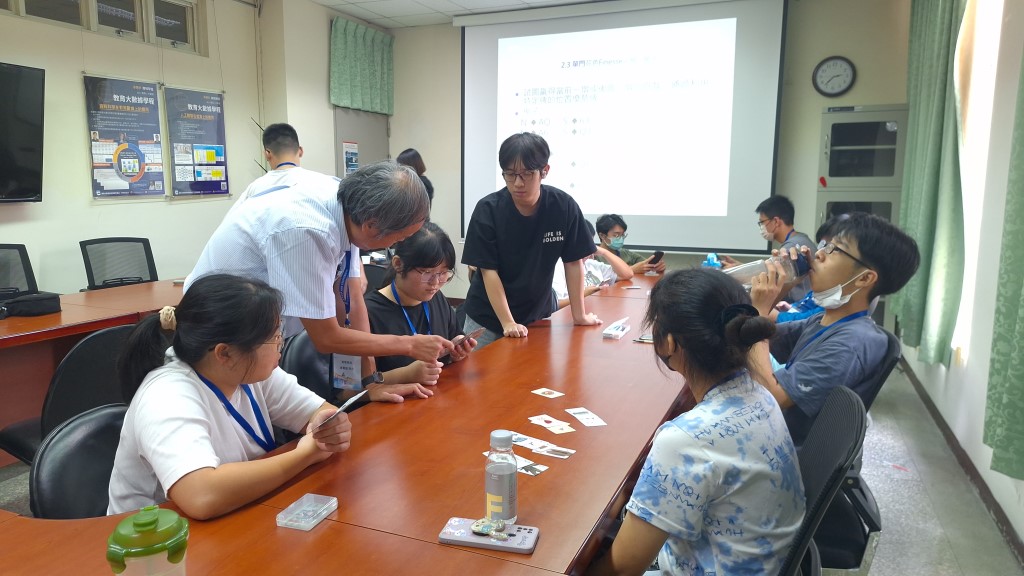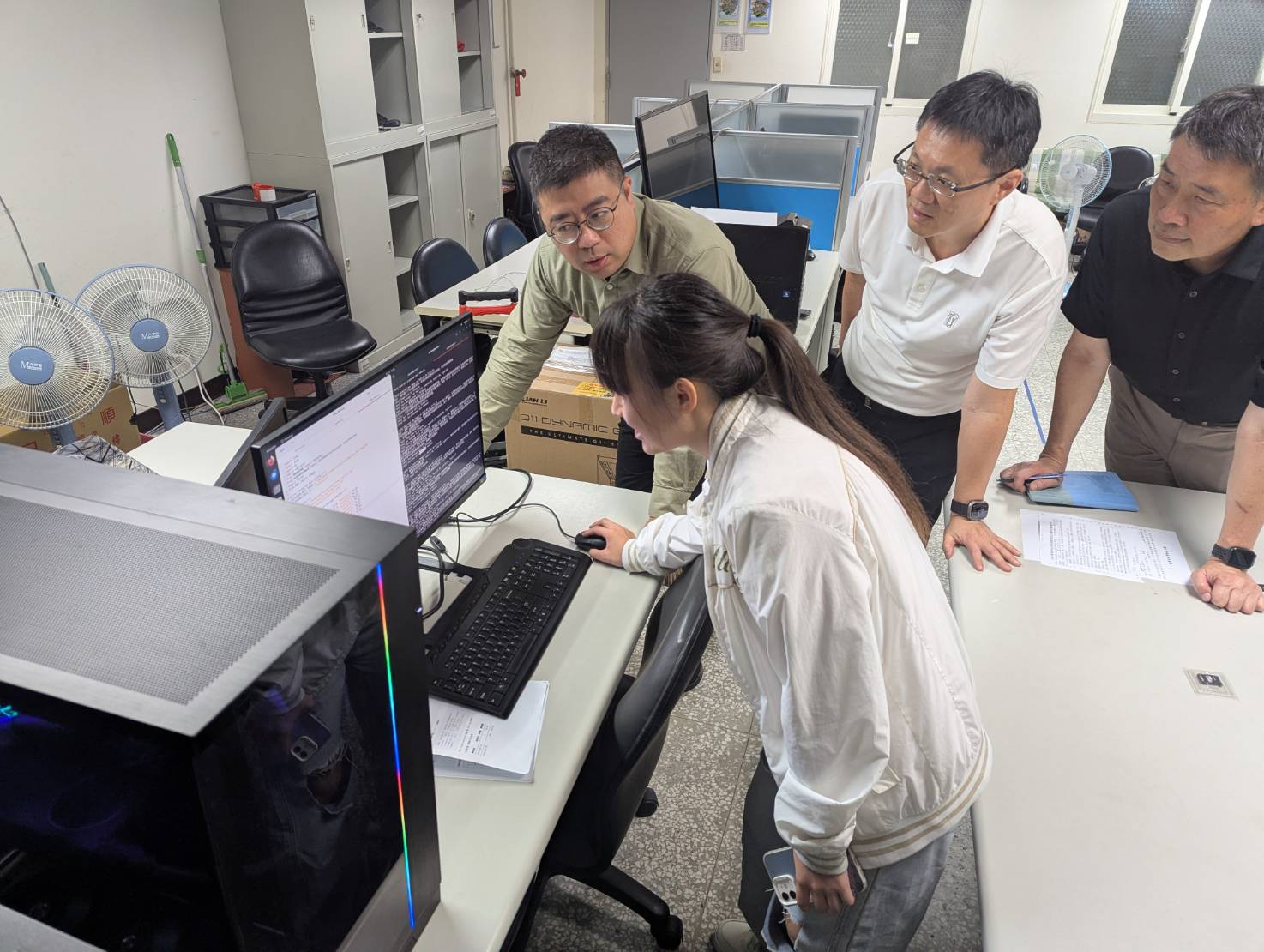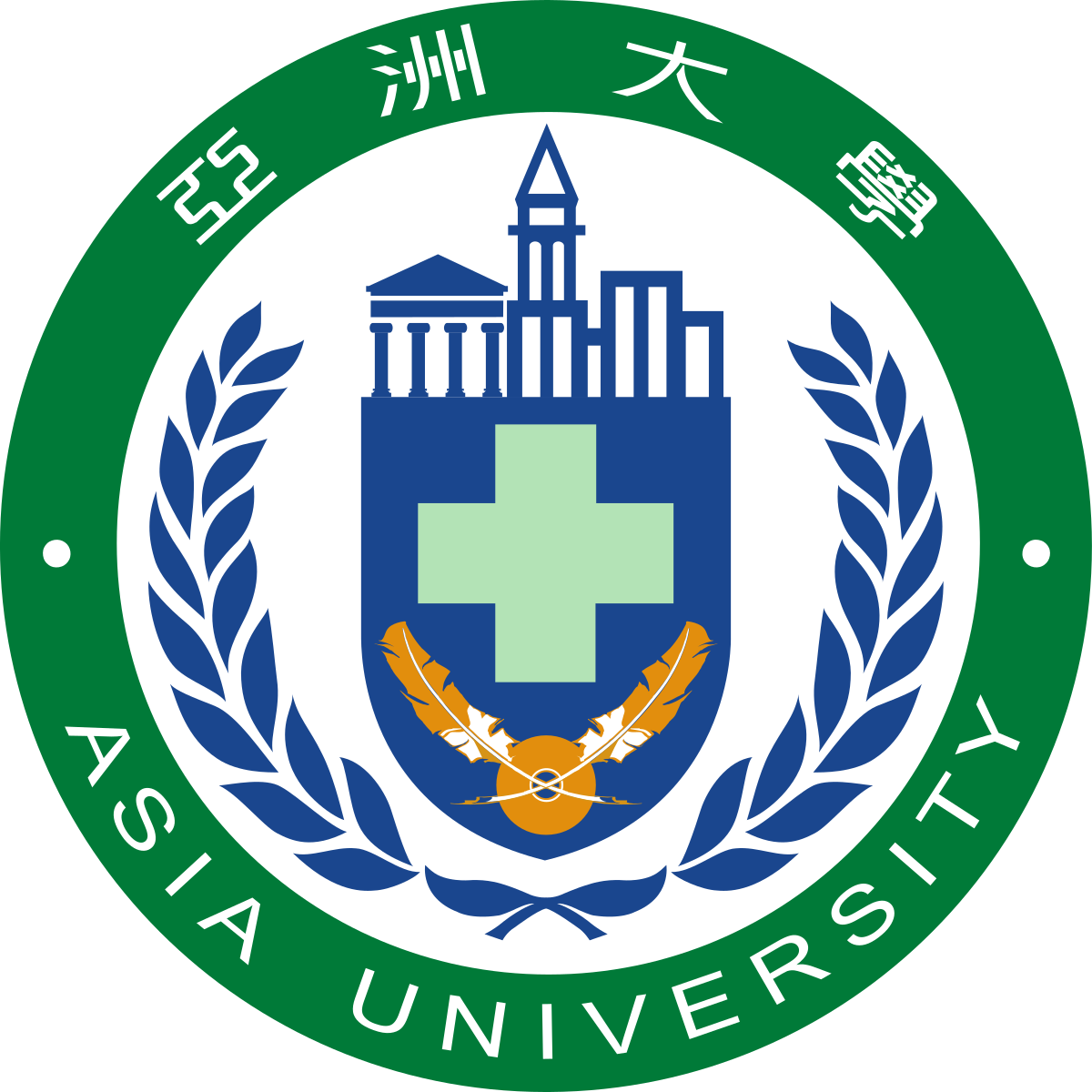Combining AI, semiconductor, and smart healthcare practical expertise, demonstrating strong academic capabilities.

Asia University’s College of Informatics and Electrical Engineering has integrated generative AI applications into its freshman micro-credential courses, enabling students to grasp the latest technological trends and apply them effectively in their research.
Asia University’s College of Informatics and Electrical Engineering has successfully secured funding for 16 undergraduate research projects under the National Science Council’s “114 Academic Year University Student Research Program.” These projects span cutting-edge fields such as artificial intelligence applications, semiconductor design, cybersecurity technologies, and smart healthcare systems, showcasing the college’s strong commitment to integrated teaching and research and reflecting its philosophy of “teaching as research, students as talents.”
President Cai Jinfa of Asia University stated that the university excels academically while emphasizing students’ cross-disciplinary AI skills aligned with international trends and enhancing their employment competitiveness. Asia University has established the Central Taiwan “AI Semiconductor Base” and a “Semiconductor Industry-Academia Program,” which have trained hundreds of senior engineers. Graduates have secured engineering positions at renowned global companies such as Apple in Germany, Qualcomm and Synopsys in the U.S., semiconductor firms in the U.K., Intel, and TSMC, demonstrating Asia University’s solid capability in nurturing high-level international tech talents.
Dean Xu Qingxian of the College of Informatics and Electrical Engineering noted that the 16 approved research projects highlight students’ academic potential and close alignment with global trends. By proactively identifying problems and leading research during their studies, these students exemplify Asia University’s emphasis on “integrating learning and practice” and “early involvement in scientific research.”

Students at Asia University’s AI Laboratory are fully focused and dedicated to their research.
The projects funded by the National Science Council include: "Research on Collagen/Attapulgite Composite Materials as Bone Tissue Engineering Scaffolds," "The Impact of Misinformation on Anxiety and Trust in Risk Communication—A Case Study of the Hualien Earthquake," "Using 3D Modeling Activities to Assess Divergent Thinking Creativity in University Students," "Overcoming Extracellular Vesicle Barriers: Developing Efficient Nucleic Acid Removal Technology for Precision Cancer Therapy," "Development and Application of an AR Smart Guide System Combining YOLO Object Recognition and Large Language Models," "Grading Similarity in Pulmonary Fibrosis," "Development of a Trusted Physical Resource Sharing Security Management System," "Elderly and Humanoid Robots," "Development of a Virtual Reality Interactive System Based on Generative AI and EEG-based Identity Recognition Technology," "Design and Implementation of an MQTT Broker with Content Awareness and QoS Level Optimization: A Case Study of Multi-Sensor IoT," "The Impact of Internal Disputes in Multinational Companies on Customer Social Support, Satisfaction, and Brand Loyalty: A Case Study of the Rainbow Selen Incident," "Development of a Critical Thinking Dialogue System: A Case Study in Nutrition and Health Knowledge," "Photo-Curable Hydrogel Dressings Carrying Mesenchymal Stem Cell-Derived Extracellular Vesicles for Skin Regeneration," "Application of Sr-Ion Cultured Mesenchymal Stem Cell-Derived Extracellular Vesicles in Bone Regeneration," and "Rapid Fall Detection and Lesion Area Estimation." The research topics are diverse and multidisciplinary.
Dean Xu emphasized that the College of Information and Electrical Engineering will continue to strengthen students’ research capabilities and academic performance, while promoting interdisciplinary learning and industry collaboration. Standing out in the National Science Council’s undergraduate projects is a testament to both students’ potential and teaching excellence, and will encourage more students to engage in research and innovation, contributing to the advancement of science, technology, and society.




